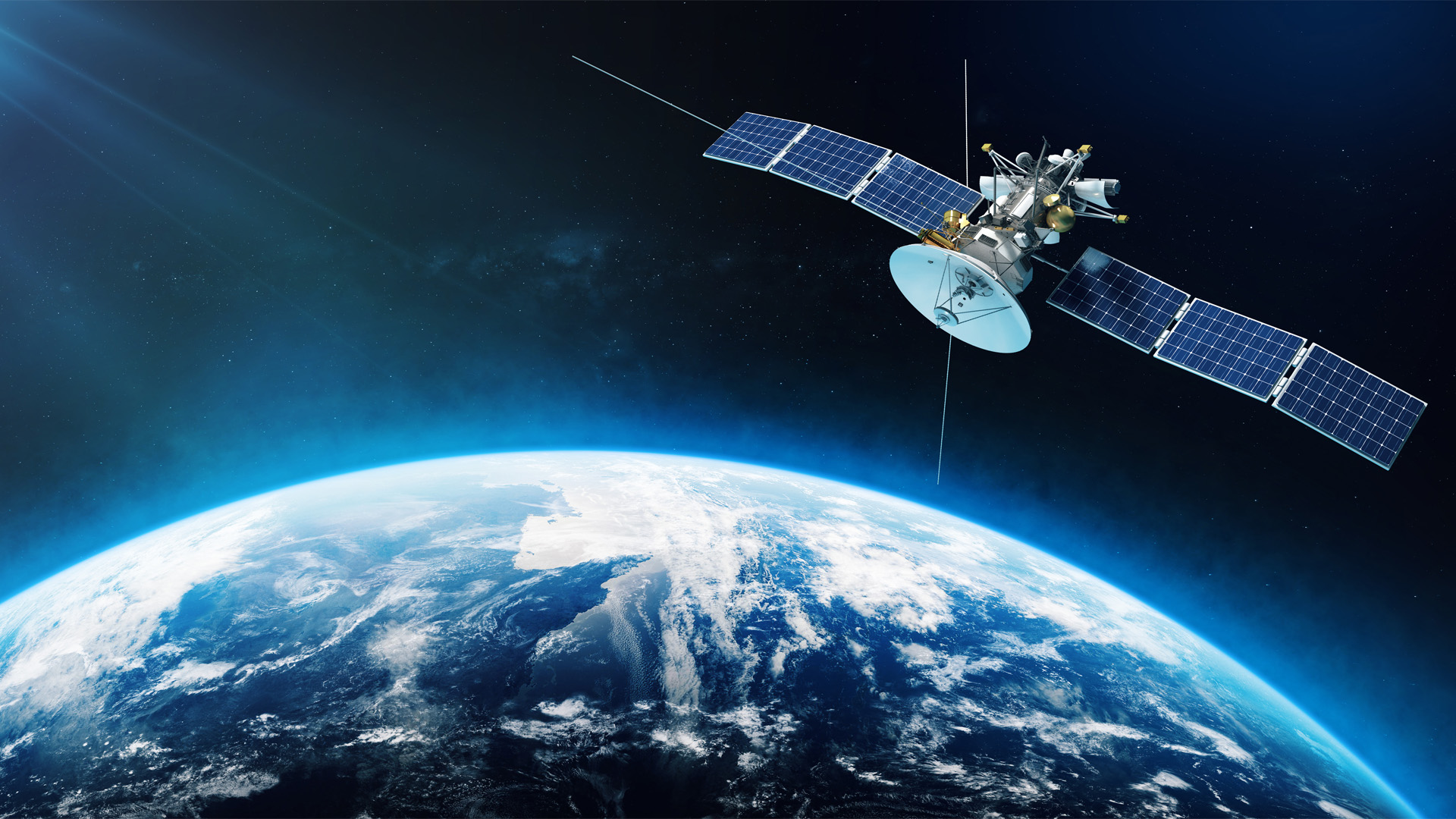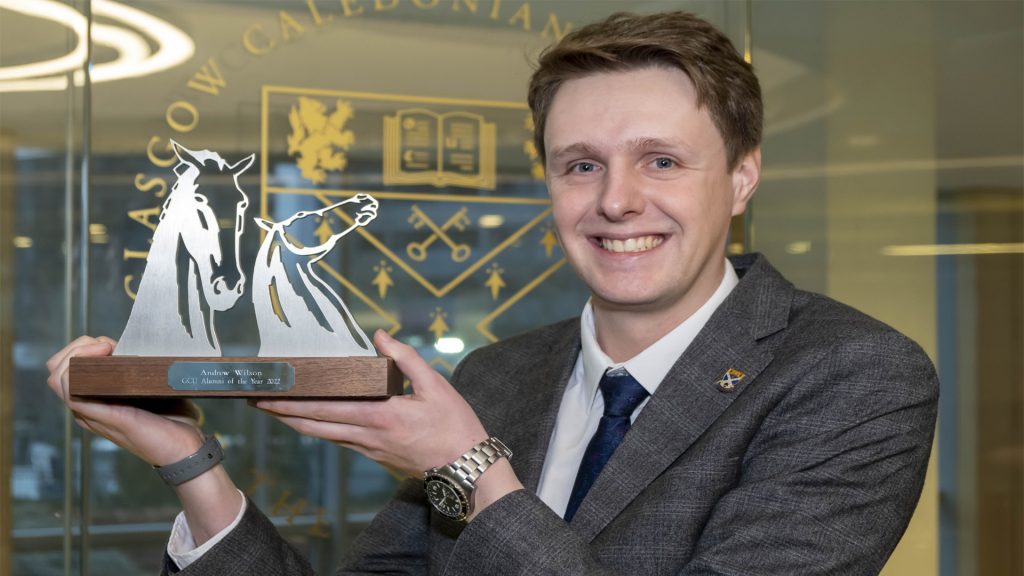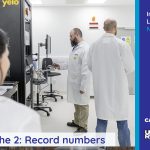Researcher in Residence: UK space sector set for its first ever carbon baseline

An academic at the Glasgow Caledonian University has been awarded a research grant to work towards a carbon baseline for the UK space sector, a vital step on the road to understanding the environmental impact of space activity.
Dr Andrew Ross Wilson, part of the first tranche of Researchers in Residence – our flagship scheme – was awarded funding after an impressive proposal which is designed to understand more about the environmental footprint of the space industry.
Carbon baselining is the process of measuring and establishing a starting point for the amount of carbon emissions produced by a person, organisation, or system. It serves as a reference to track future changes in emissions and helps set targets for reducing carbon footprints.

Andrew will be working alongside experts at Satellite Applications Catapult and Space4Climate to address the need to quantify the environmental consequences of space activities and apply a carbon baseline to the sector. Only now has such work been included in legislation, leaving the space sector to be relatively behind the curve in terms of methods.
“The environmental footprint of the space sector remains relatively unknown. Prior exclusions granted to the industry has meant that environmental and sustainability modelling techniques within the sector are only beginning to establish themselves,” said Dr Wilson.
During his PhD at the University of Strathclyde, Andrew developed the Strathclyde Space Systems Database (SSSD) to scientifically quantify environmental impacts of space systems for the first time. Andrew will be using this tool to offer a viable method for determining the carbon baseline of the UK space sector.
Dr Andrew Ross Wilson was part of Tranche 1 of our Researchers in Residence scheme.



